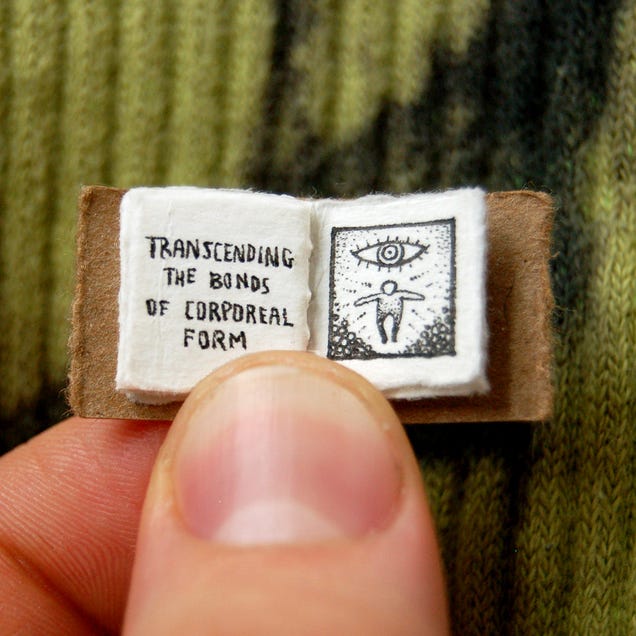One of the few independent bookstores left in Manhattan, Bonnie Slotnick Cookbooks recently reopened at a new location on 28 East Second Street. The store’s owner, Bonnie Slotnick, sat down with Augury to discuss her shop and the recent changes it has undergone.
Augury Books: How did you decide to start selling books?
Bonnie Slotnick: I had begun collecting cookbooks when I was in my twenties. When I was thirty, I saw a store selling new cookbooks in the city. I ended signing up to become a book scout for them. After a while, I was sick of being under somebody else’s sphere of influence and I opened my store. That was 17 years ago.
A: What made you decide to focus on cookbooks in particular?
B: I used to look at my mother’s cookbooks when I was a kid. She didn’t have a lot, but there was one that I was just particularly taken with. I used to look at it all the time. It was my favorite book when I was ten or eleven. When I started seeing the books in stores, they really resonated with me. I found old cookbooks and they really struck a chord with me. The old ones are much more interesting; there’s so much history. The new ones all look the same to me.
A: What are some of your favorite books you’ve sold?
B: I like books from the 20s, 30s, 40s. I like books that are in the format of conversations. Some books at the start of the 19th century were written as a conversation between an older woman and a new bride or young girl who has to take care of her family. I like that the conversation isn’t just comprised of instructions. They’re in the form of letters.
A: How has the move been?
B: It was very traumatic to lose the lease on my store after all these years. I was very lucky to find someone who wanted to rent to me. And now I’m a tenant and I have a much bigger spot for the same rent. And it has a backyard. It’s really unbelievable. They really wanted a bookstore as their tenant.
A: Do you have any plans for the new space?
To restock. I’m now certain to buy again. And I have enough room that I can have events here – author events. Because I have a nice space in an interesting neighborhood, people are already getting in touch with me. If somebody wants to have a talk or a book club, I have space for that. Classes can come. Professors would bring their classes to the old shop, and we’d be packed in. Now I feel like I can have a square dance in here!
For more on Bonnie Slotnick Cookbooks, visit the website.










